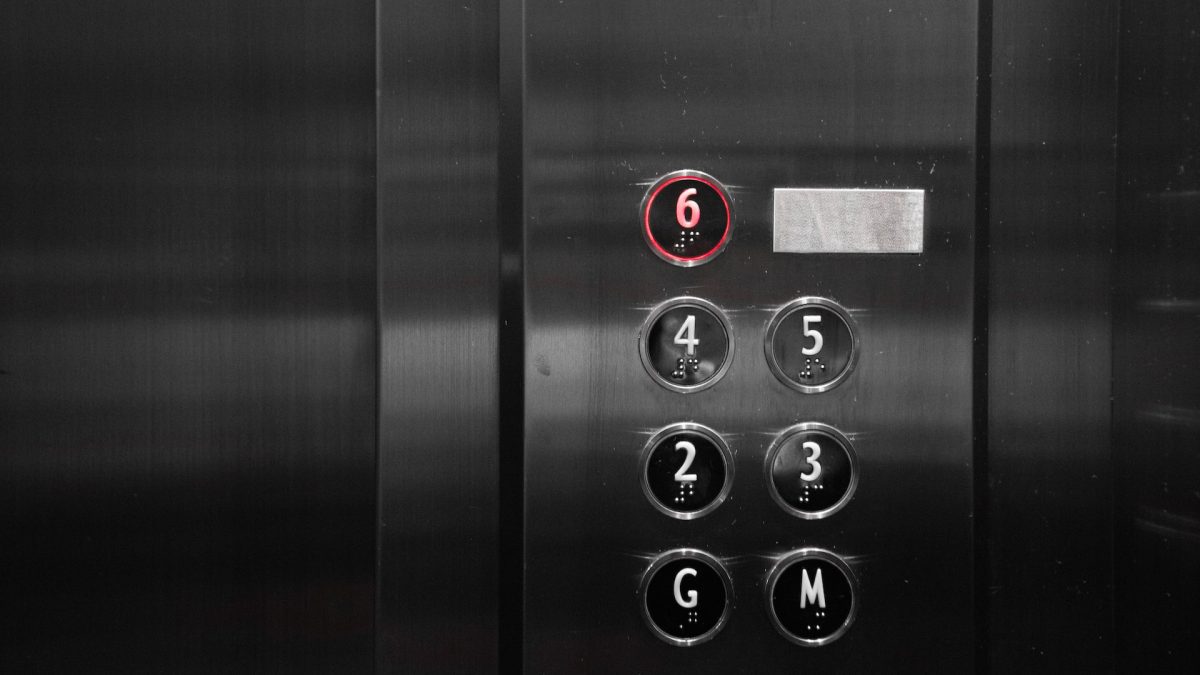Blog
Germ hotspots in your office
Antimicrobial treatment is a cutting-edge disinfecting solution that employs a high-level, non-toxic organic solution to disinfect, sanitise, and deodorise a wide range of surfaces in a single simple process.
But do you know which surfaces in your company are the most contaminated with germs?
Elevator buttons
How many people do you think use the “going up” and “going down” buttons to summon the elevator daily? How about the buttons on the inside? As a result, these buttons have more germs than other places. Of course, you could choose your floor with your elbow, but you might get some strange looks.
Door handles
Everyone in your workplace uses them to get around. The more people who do this, the more germs can spread from person to person. To help stop the spread, wash your hands regularly with soap and warm water for at least 20 seconds.
Keyboards
You most likely sneeze on it, eat on it, and spill beverages on it. You also never clean it. Ever. Do you know who enjoys your sticky fingerprints and crumbs on the keys? Germs. It could be even worse if you share a keyboard with your co-workers. Everyone contributes their own oil, grime, and meal scraps.
Desks
You should encourage your staff to step away from their desks to eat their meals. These inconspicuous surfaces contain 400 times the number of germs as a toilet seat. That equates to approximately 21 000 bacteria, viruses, and fungi per square inch. And these germs like to travel on your hands, moving from one thing to the next as you touch it. As a result, washing your hands frequently is critical to preventing the spread of infections.
Telephones
It gets worse, though. Your office phone may be even worse than your desktop. Wipe the phone down with sanitiser several times daily, especially if it is shared.
Office supplies
Germs can hide and thrive on the printer, copier, and other device buttons. However, people rarely consider cleaning them. Keep some sanitising wipes nearby as a reminder to yourself every time you use a machine.
Watercooler
Typical office water dispensers are not safer than regular tap water, particularly in South Africa, where we’re fortunate to have excellent water quality. Germs can accumulate on watercooler bottles during transportation and delivery. And people touch the cooler several times a day to get their water.
Coffee machine
It is not always clear who oversees cleaning communal areas. If you want to volunteer, start here. Bacteria thrive in the damp, dark interiors of coffee machines. Fill it with four cups of plain white vinegar and leave for 30 minutes. Then run it through three times with water or until you can’t smell the vinegar anymore.
Coffeepots
Germs are not only collected by the coffee maker. Even when the percolator pot is washed daily, the handle is frequently overlooked. That is the area you are most likely to touch.
Mugs and cups
They may appear safe to share, especially if they’ve been washed and dried, but one study discovered that 90% contained significant germs. The issue is likely not with the cups but with the people who use them. As strange as it may sound, it is most likely caused by attempting to clean them with less-than-pristine supplies in a shared kitchen area.
Sink
The large variety of hands and food attracts bacteria and other germs. For example, the faucet handle, which you touch the most, usually has the most germs because everyone uses it.
Kitchen sponge
It’s moist and absorbent, ideal for collecting and nurturing germs. Most new sponges will have bacteria such as E. coli and salmonella within three weeks. People who use the sponge during the day spread its germs to other parts of the office. Most things can be killed by heating the sponge for two minutes on high in the microwave. Try to do this daily and replace the sponge every two weeks.
Microwave door
So many people use these magical machines to heat their lunch. And each person must open and close the door several times, putting food in and taking it out. That handle is frequently one of the dirtiest places in the office. Add it to your list of places to sanitise from time to time.
Vending machines and fridges
Eating pre-packaged foods does not solve the problem either. The buttons on one out of every five food machines are likely to spread illness-causing germs. In addition, about 25% of the time, so are refrigerator door handles. While most do not reach that level, they could be cleaner. You probably don’t consider these surfaces food prep areas, but you should.
Restrooms
Germs like E. coli bacteria can colonise the office bathroom. Even cleaning your hands can be difficult if the faucet handles are filthy. You might want to hold a paper towel when you turn the water on and off and push the handle to flush the toilet.
Why you should consider antimicrobial treatment
Germs bond to walls, partitions, countertops, ceilings, tiles, doorknobs, light switches, and other surfaces. Antimicrobial treatment, as a form of germicidal shock treatment, kills the bacteria that cause illness and odours.
How antimicrobial treatment works
Antimicrobial treatment is administered by a micron diffuser or “misting,” producing a dry mist aerosol that permeates the entire facility and covers every cubic centimeter of exposed surface area. The mist produced by the diffuser can reach a distance of up to 20 meters.
The eco-friendly mist kills 99.99% of microbial contaminants like bacteria, viruses, fungi, algae, spores, and dust mites.
Benefits of antimicrobial treatment
- Cleaning in places where traditional cleaning methods are ineffective.
- Limited downtime since offices can be occupied after 45 minutes.
- Lower bacterial counts.
- Standardised hygiene audits.
- An eco-friendly way to support your potential or current environmental programme.
- Enhancing the original pest control or deep cleaning programme.
Contact Bidvest Steiner for details
Please contact Bidvest Steiner today to learn more about our antimicrobial treatment solutions to disinfect everything – even the kitchen sink.



